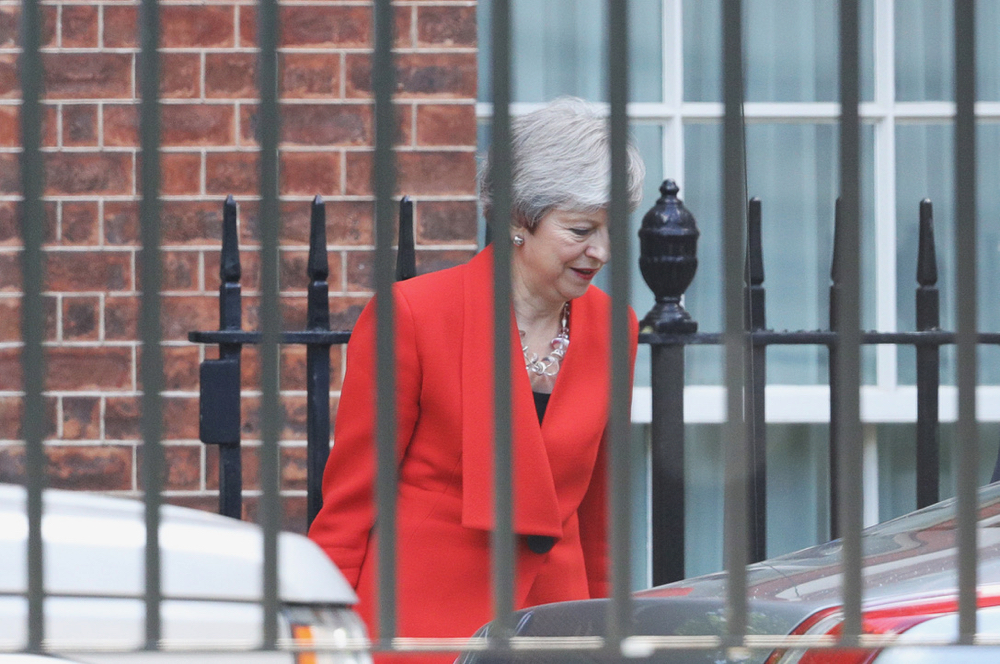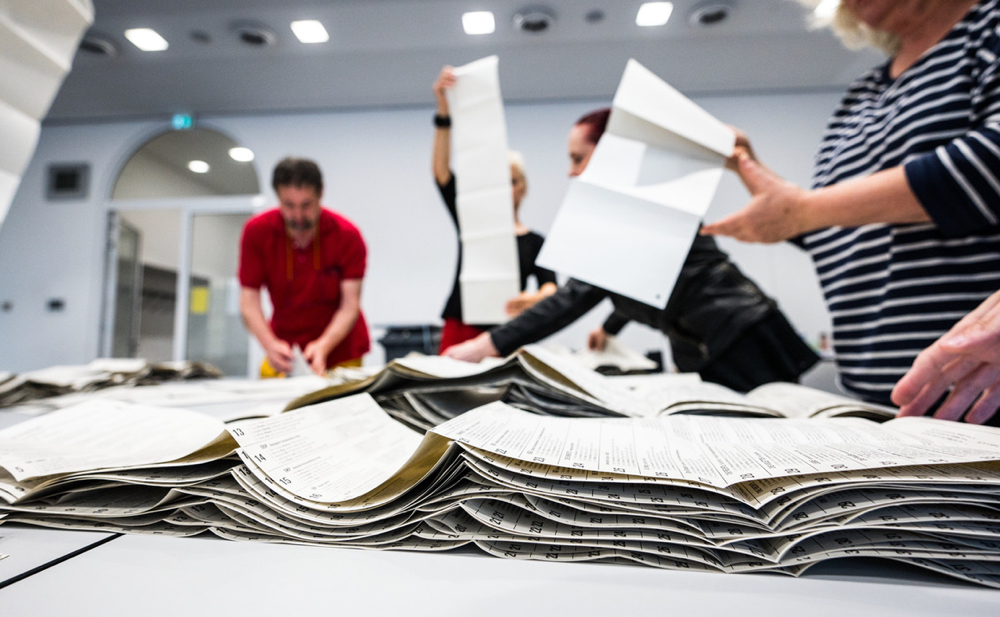"It has been said that democracy is the worst form of Government except for all those other forms that have been tried from time to time..." remarked Winston Churchill. So how does one apply this to the results of the 2019 European Parliamentary Election? In the British case, this was a clear victory for the "Stop Messing About Party", which on one side flew under the banner of Brexit, on the other, of the Liberal Democrats and the Greens.
They polled just about equal, and benefited from the collapse of the parties of ambiguous compromise whose efforts to please everyone ended up with only the votes of their hard-core loyalists. It was bad for Labour, worse for the Conservatives. Most Tories voted for the single-issue Brexit Party, thereby delivering a sentence of death on the prime ministership of Theresa May – a sentence, which, incidentally, had already been carried out.
Most Labour voters switched to the Liberal Democrats or Greens, which, if amounting to a sentence of death on Jeremy Corbyn, is likely to be deferred indefinitely. Labour, just now, is not a party that knows its own mind or even how to work out what it is. Not that the Lib Dems were clear on anything except Brexit. The Greens, at least, know what they are about. And they became part of a much larger Green presence in the European Parliament, where the anticipated cross-continental landslide in favour of extreme nationalists failed to materialise. Maybe the Greens are the future, the way to go.
Where Churchill was only partly right is in democracy's tendency to reduce all issues to black and white, in or out, for or against. To that extent democracy is more the continuation of civil war by other means, to adapt Clausewitz. Theresa May was clearly a Roundhead and her sworn opponent, Boris Johnson, a Cavalier.
The traditional British form of democracy is first-past-the-vote, winner-takes-all, a process that has been invested with almost mystical powers of supernatural discernment to discover "the sovereign will of the people". That is probably what Churchill meant. What do we make, though, of one candidate in the Tory leadership contest saying that the 2016 referendum result had to be honoured at any cost, in the name of democracy, or else the country could find itself electing Jeremy Corbyn? Why couldn't that be "the will of the people" too? Or other candidates dedicating themselves, and in the name of democracy, to the avoidance of a second referendum? What if "the will of the people" had changed? Why wouldn't that also be democratic?
On these subjects Churchill is silent. A little man going into a little box to make a little mark on a little piece of paper, as he once eulogised the democratic process, is only the start. What does that little man know of the Northern Ireland border-crossing issue, or whether the technology exists to do away with customs barriers? What does he know about tariffs, trade deals and backstops? Is he an expert on the World Trade Organisation? His role is to elect people he trusts, who do know about these things.
The great democratic failure of Theresa May's regime was her decision to enter into a "confidence and supply" agreement with the Democratic Unionist Party, which is so undemocratic it does not even represent the whole of Unionist opinion, let alone the entire Northern Ireland population. The DUP are haunted by the paranoid fear that Dublin, in league with Brussels, is trying to stitch them up. So they rejected any proposal that would see them treated differently from the rest of the United Kingdom, even though the bulk of opinion in Northern Ireland was quite happy with the idea, and even though Northern Ireland is already treated differently from the rest of the United Kingdom in very many ways.
It still has Victorian laws against abortion which the rest of the United Kingdom repealed half a century ago; it rejects gay marriage; its people may chose Irish citizenship or joint citizenship with the UK, and so keep their EU passports. Its affairs are subject to the mechanisms of the Good Friday Agreement, which includes a fundamental role for the Republic. And it has separate rules for agriculture, tax, policing and crime from the rest of the UK. It even has cross-party government, which includes giving a minority a veto over the majority – though the system is temporarily suspended. Democracy in Northern Ireland has, thanks to the DUP, come to a stop.
So Mrs May's mistake was to treat the DUP as honoured partners when she should have been dictating terms to them. A customs barrier down the Irish Sea, between the whole of Ireland and the British mainland, would have removed the backstop problem at a stroke and given her withdrawal agreement a fair wind in Westminster – endorsement by the democratically elected representatives of the people, no less – instead of the howling gale it ran into and which eventually blew her away.
Maybe that's what happens when you ignore democracy.



 Loading ...
Loading ...
What do you think?
You can post as a subscriber user ...
User comments (0)